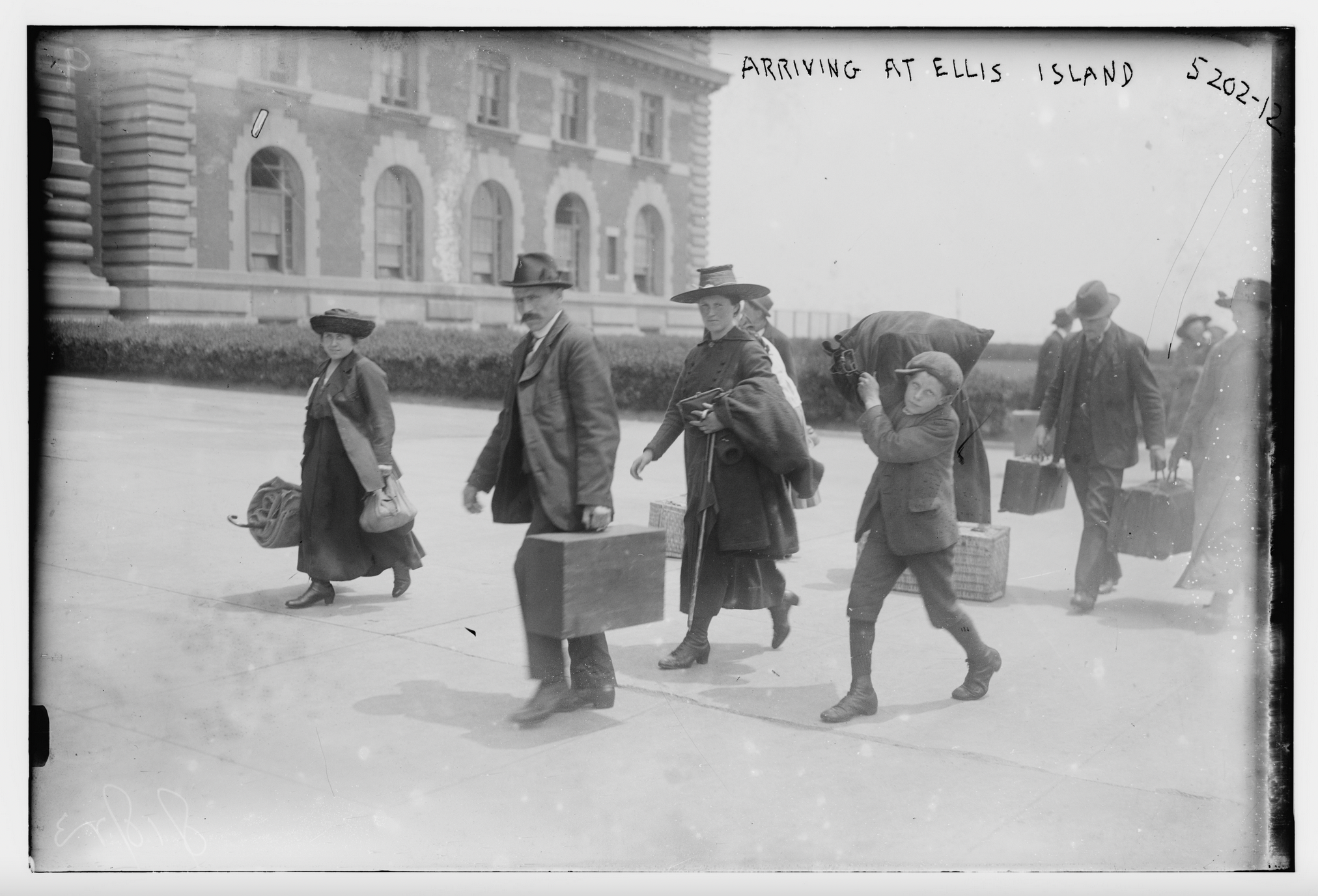From Ellis Island to Grateful American
A family—and a man—on a mission
by Eric Lindner
Under the Hood: The Power of Principled Leadership

Other immigrants arriving at Ellis Island about the same time the rest of the Smith family joined the patriarch, Reuven, in 1911.
As a result of her marvelous 1,000+ interviews over the years, most of which can be found at onbeing.org, the always insightful Krista Tippett has concluded two things: first, many of this country’s most creative and constructive leaders are working in nooks and crannies of society, unbeknownst to 99% of America; second, their leadership inclinations, talents and skills were, more often than not, forged at a very early age. David Bruce Smith’s life story supports her conclusions.
While active in various philanthropies over the years (he and I first met when we both served on a university board, 20 years ago), David has poured most of his pro bono passion into a book nook. He told me why recently: “When I was six years old, my grandfather said to me, ‘It’s very important for you to read biographies of historical figures;’ when I asked him why, he said, ‘If you do, you will have a reservoir of wisdom from which to draw when you grow up.’”
His grandfather knew something about history and wise advice. By 1906, the second of three savage pogroms had run its course in Russia; however, not before thousands of Jews had been murdered and, in some towns and villages, a third of all Jewish women raped. A year later, the family’s essential windmill burned down in the middle of the night. According to David: “My great-grandfather was so distraught, that he paid a visit to the ‘Wise Jew’ in his tiny village of Lipnick—who said, ‘Reuven, pick up, and go to America.’” He did, in 1908. The rest of the family, including his son Charles, followed in 1911.
Russia’s shame was America’s blessing, as David poignantly reveals in Conversations with Papa Charlie: A Memory of Charles E. Smith. “I was a lucky grandson. Papa Charlie was kind and gentle, and his laughter could instantly dispel sadness. His eyes always sparkled with youth because he was ever-youthful and adventurous. But the most important thing he did for me was to constantly encourage me, even if I didn’t always understand why.”




